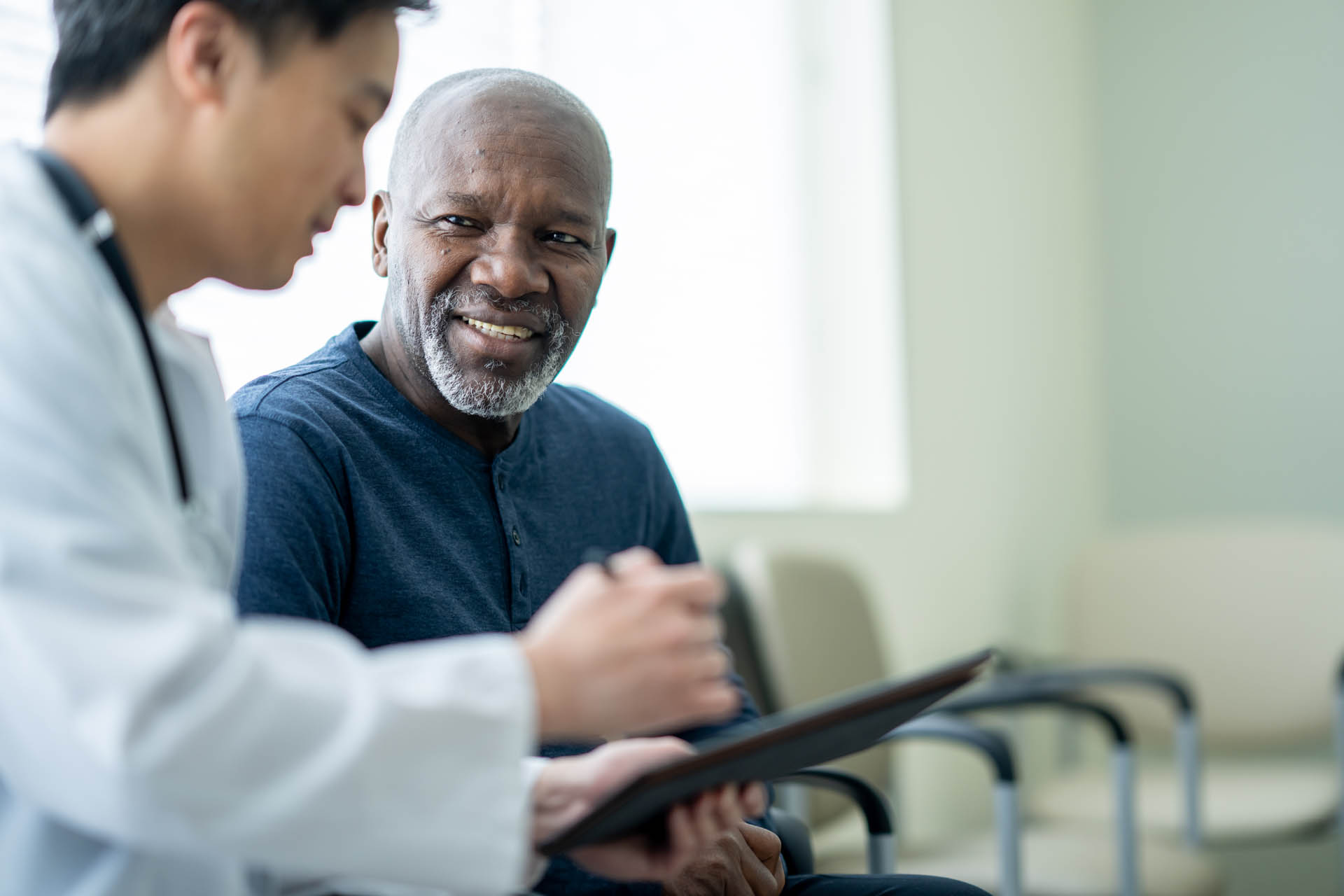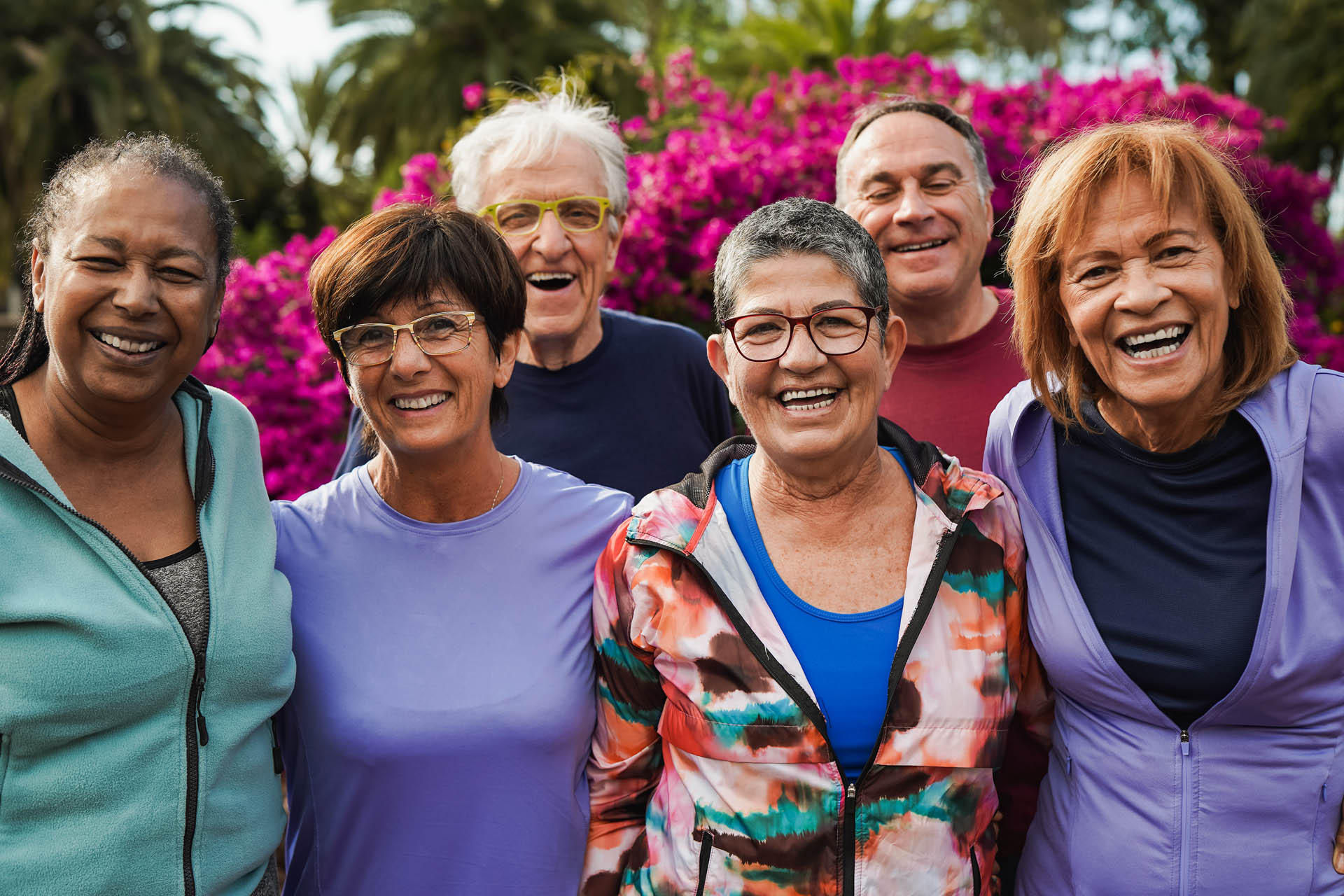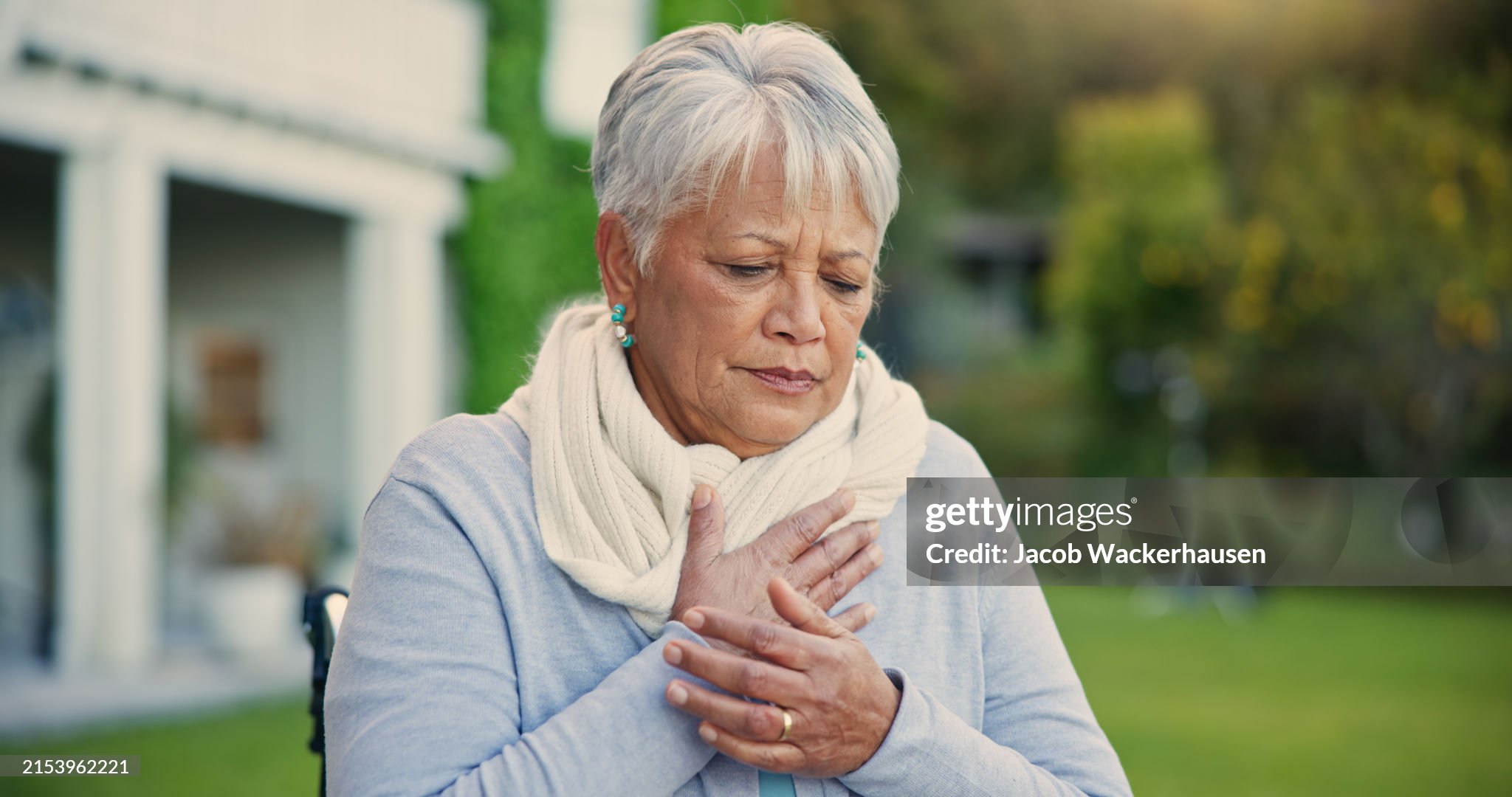Here are some ways to help find a support network:

Talk to Family and Friends
Start by reaching out to the people closest to you. Let them know how they can help, whether it’s listening to you, helping with chores, or going with you to doctor visits.

Ask Your Healthcare Providers
Your doctors and nurses can be great sources of support. They can answer any questions you might have, and they also might know about local groups where you can meet others with cancer.

Join Community Groups
Look for support groups at community centers or hospitals. These groups are good places to share your feelings and get advice from others who understand and can relate.

Look Online
Join social media groups on platforms like Facebook where people talk about their experiences with cancer. It’s a way to connect with others, even if they’re far away. Many patient advocacy groups may also have websites available in your country.


